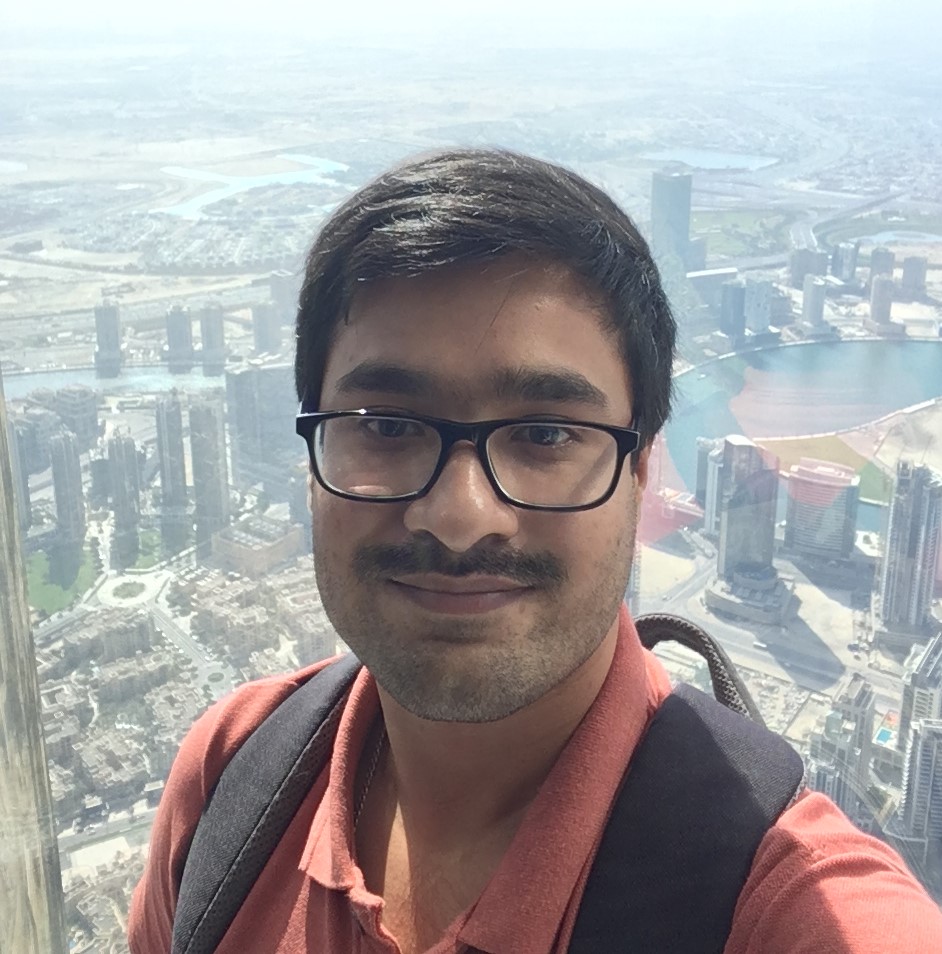Why Did You Choose To Pursue A PhD?
The subject of Power Engineering always fascinated me, and becoming an academic was my dream job. Therefore, a PhD was a natural beginning for my career.
Why Did You Choose To Pursue Your PhD At NUS?
NUS is one of the top-ranked schools for Electrical Engineering in the world. I found that it offers well-funded opportunities for graduate studies in the form of scholarships and travel grants. Combined with a rich multi-cultural experience, and the proximity of Singapore to my home country, it was an easy choice for me.
Can you tell us briefly about your research topic?
My research deals with understanding and modeling human behaviors in complex networks such as the power grid. Specifically, I focus on investigating how consumer behaviors could introduce new vulnerabilities in the power system and other critical infrastructure such as urban transportation networks.
Why did you choose to do this research for your PhD?
Social technologies have made it easier than ever to spread disinformation. Against this background, it is necessary to study how disinformation can impact the society at large, and specifically, analyze its impact on the security of a nation’s critical infrastructure systems. My research studies how disinformation could be used to manipulate individuals-at-large in a way that compromises the security of cyber-physical infrastructure such as power systems and traffic networks.
How does PhD graduate education compare with your undergraduate experience?
The major difference is the lack of a specific timeline or a set of courses to complete in a PhD program. A PhD student can work on anything and everything they wish to study! This opens up a number of exciting opportunities, and unique challenges as well in finding “something new” to work on.
What do you like most about graduate school?
As part of a research grant, I got the opportunity to travel to conferences abroad and work on long-term collaborations. Though my expertise is in Power Engineering, I was able to work with academics from other backgrounds such as Computer and Social Scientists. This helped me get a broader perspective about research, and how diverse scientists can come together to contribute meaningfully to solve real-world problems.
Can you tell us something fun about your PhD journey in NUS?
During my studies, I joined the NUS Indian Instrumental Ensemble as a violinist. It was very exciting to practice and perform as part of this group, and a great way to recharge amidst the PhD research and academic work.
Any advice for someone who's considering a PhD in NUS?
NUS offers students exciting opportunities and the freedom to pursue any area of research.
Importantly, there are several scholarship programs that provide students with the financial freedom required to fully focus on a long-term commitment such as a PhD program.

